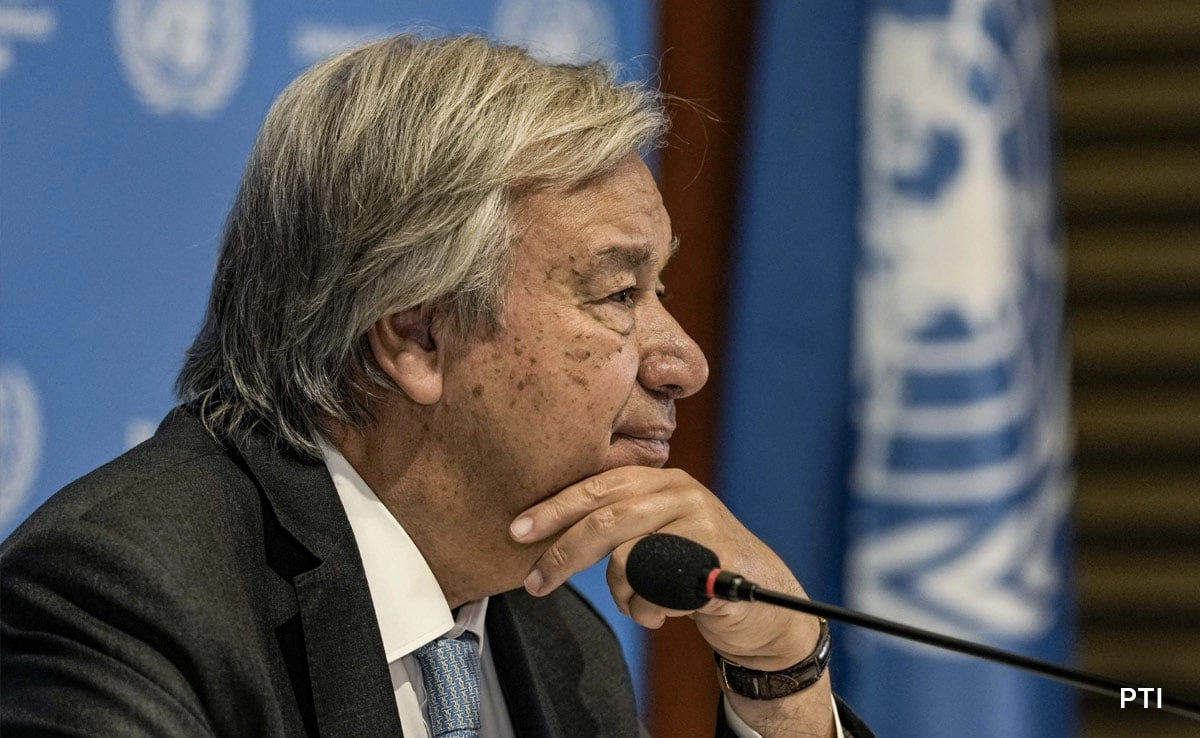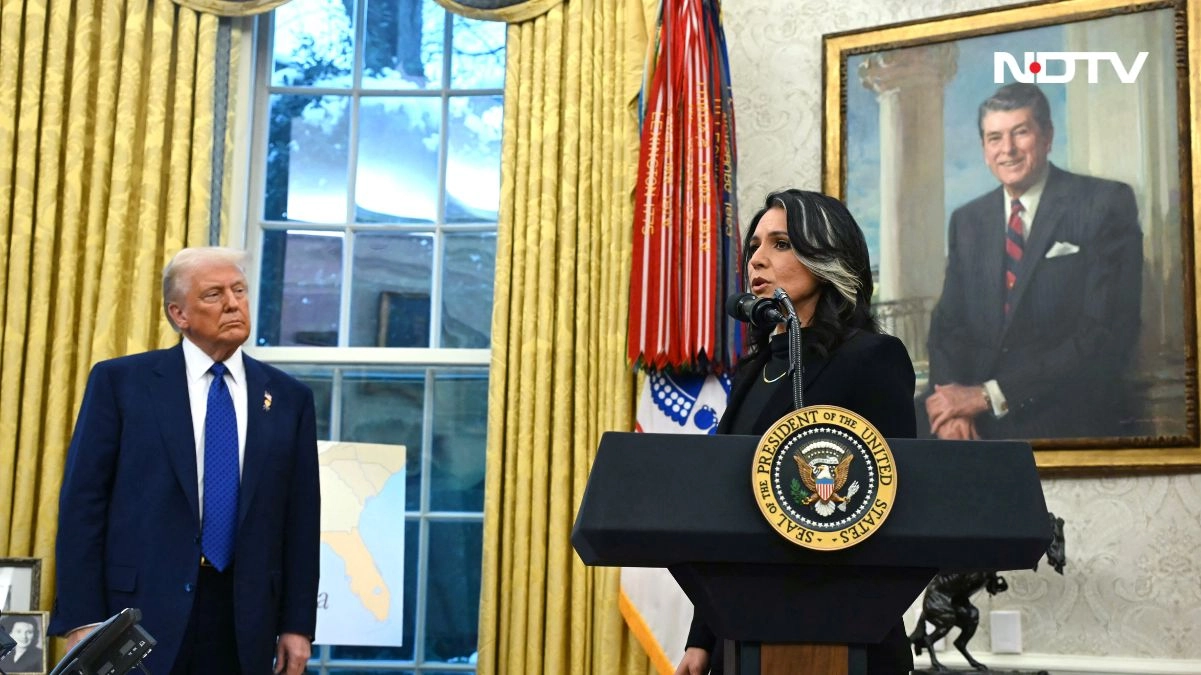A recent report from the United Nations has brought to light a concerning trend regarding the engagement and readership of its various publications. The findings indicate that despite the vast resources and effort invested in producing reports that address crucial global issues, these documents are not being widely read or utilized by their intended audiences. This disconnect raises questions about the effectiveness of the UN’s communication strategies and the overall impact of its work on international policy and public awareness.
The report highlights several factors contributing to the limited readership of UN documents. One significant issue is the complexity and length of many reports, which can deter busy policymakers and stakeholders from engaging with the material. Additionally, the jargon-laden language often used in these documents can create barriers for non-experts, making it difficult for a broader audience to grasp the key messages. This situation underscores the need for the UN to adopt more accessible communication methods that can resonate with a wider demographic, including the general public, civil society, and local governments.
Furthermore, the findings suggest that the UN might benefit from leveraging digital platforms and social media to enhance the visibility of its reports. By utilizing these modern channels, the organization could reach a larger audience and foster greater engagement with its content. The report advocates for a more strategic approach to dissemination, encouraging the UN to create summaries, infographics, and interactive content that distill complex information into digestible formats. Such initiatives could significantly increase the likelihood that important findings and recommendations reach those who can act upon them.
Ultimately, the implications of this report are profound. If the UN’s reports are not being read or understood, their potential to effect change on pressing global issues—such as climate change, poverty, and human rights—may be severely undermined. The organization must reassess its communication strategies to ensure that its valuable insights and recommendations are not lost in the noise of information overload. By prioritizing accessibility and engagement, the UN can enhance its relevance and effectiveness in addressing the world’s most urgent challenges.




